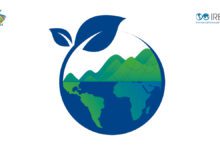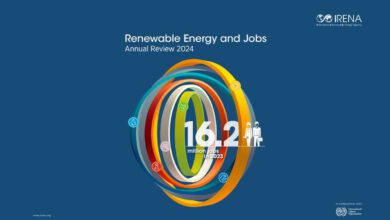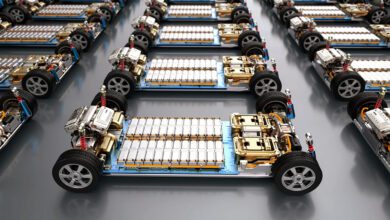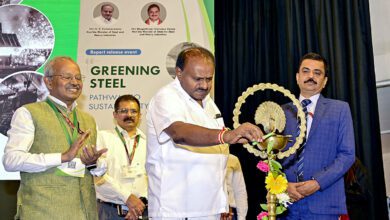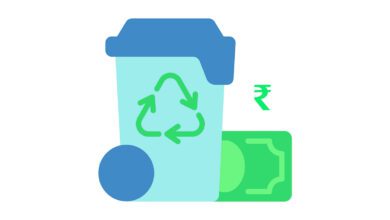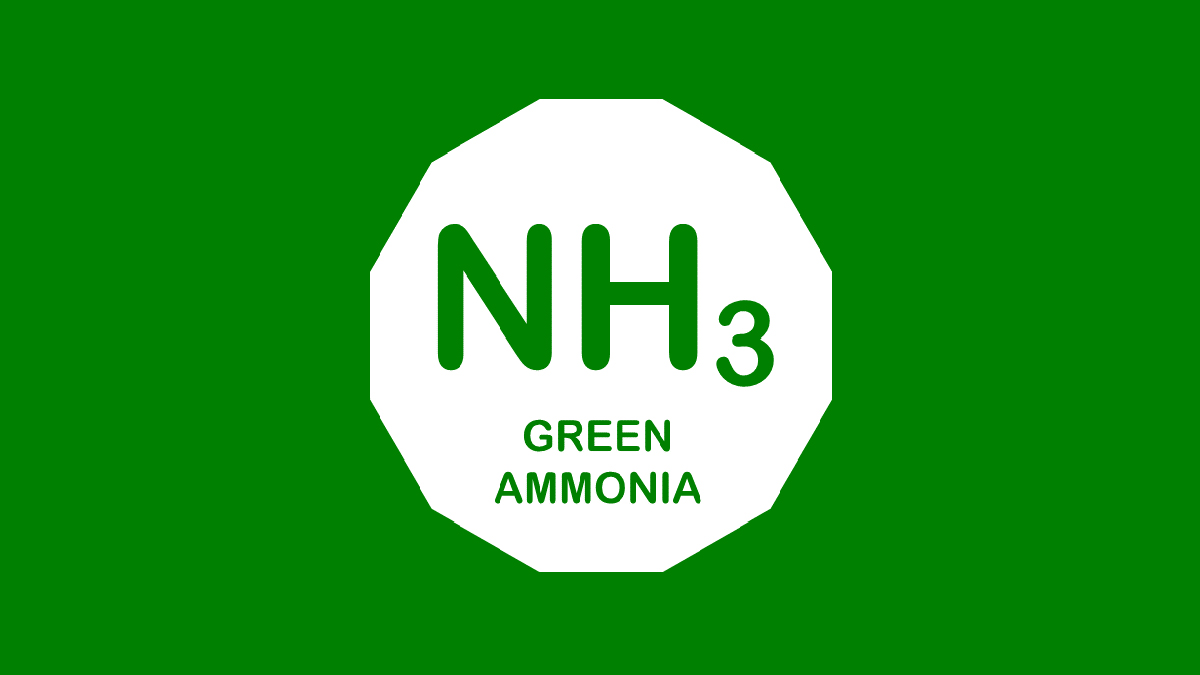TES announced a strategic investment in Green Li-ion. This investment is aimed at extending Green Li-ion’s proprietary battery recycling technology to TES’s suite of battery recycling solutions. Green Li-ion’s technology will be integrated into TES’s existing battery recycling facilities. Their Multi-Cathode processor and control unit GLMC-1 will give TES the in-house capability to further refine lithium iron phosphate batteries. It will also deliver higher purity rates on commodities like graphite and cathode metal salts (e.g. LiCo1/3Ni1/3Mn1/3O2, NiCO3, MnCO3, CoC2O4, and Li2CO3), as well as cobalt and lithium extracted from lithium-ion batteries.
“With this investment, TES reaffirms its commitment to offering innovative, world-leading circular outcomes to our clients all over the world. Green Li-ion’s technology in our facility revolutionises battery recycling and enables the supply chain to access high purity recovered commodities.” said Gary Steele, TES’s Chief Executive Officer.
“The precious metals used to manufacture lithium-ion batteries are often mined in socially and environmentally damaging ways and the reason why they are not recycled is that it is simply not economical to do so with the current technology. Green Li-ion technology changes this by removing inefficient processes and improving the purity of the output, making lithium-ion battery rejuvenation and reuse a new reality.” said Leon Farrant, Green Li-ion’s CEO.
By leveraging Green Li-ion’s technology, TES’s battery recycling process will yield the highest commodity-grade recovery rates in the industry. All recovered materials will ultimately be reused in the forward manufacturing supply chain and contribute to the circular economy. TES was recently recognised by Reuters’ Responsible Business Awards in the ‘Sustainability Innovation’ category. According to Reuters, the recognition is for companies that have championed innovation in a sustainability initiative enabled by technology. TES stood out among formidable competitors such as UPS, Kraft Heinz, Maersk and Formula One. Winners in other categories included Coca-Cola, Goldman Sachs, Dow, and Verizon, to name a few.
Safety issues, transboundary movements, hazardous waste designations, and the efficient/effective processing of batteries are challenges that are not going away anytime soon. This investment positions TES as a leader in the growing battery recycling space and, at the same time, helps our clients manage the challenges and risks that are inherent to them.





